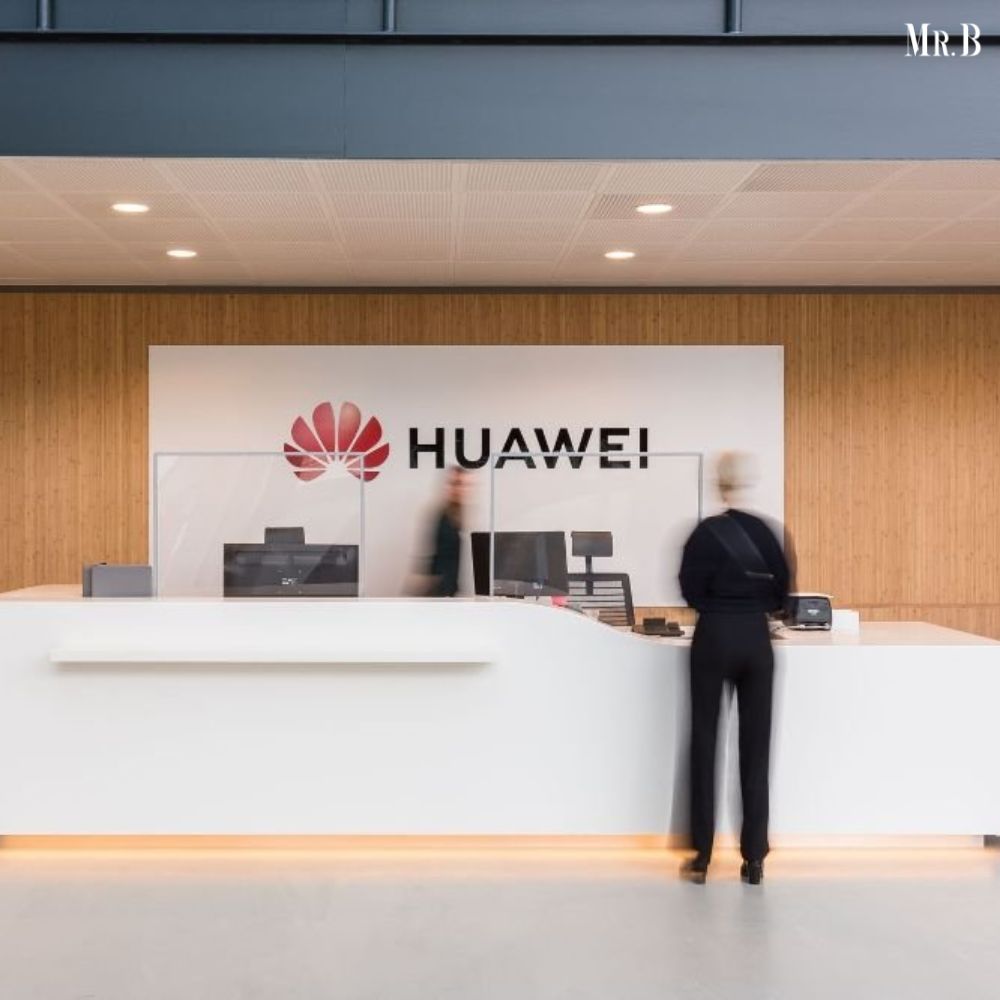Why Employee Education Should be a Priority for Every Business Leader?
- Category: Education

A lot of employees look for organizations where they will get employee education. Employee learning and education is not a new concept. The way that businesses are approaching is starting to shift. From conferences to training courses, a lot of elements are included. Today’s generation of employees have put employee education and development high on their list of the most-desired benefits that a company can offer.
Employee education helps the organization grow more. As employees learn newer concepts, the productivity increases in their work. It directly affects the company’s work performance and sales figures. The employees gain higher knowledge and develop the skill needed in order to perform the newly grasped concept. It reaps the fruits of what they deserve as they have put in the effort to get accustomed to it.
Educating an employee is a win-win situation for both parties. It is an investment for the organization and an opportunity of new learnings for the employee.
Here’s more to know about employee education:
1. Exercising a Learning Culture
A business that prioritizes employee education inherently fosters a culture of learning. When employees are encouraged to acquire new skills, knowledge, and expertise, they feel valued and empowered. This culture, in turn, inspires innovation and problem-solving, as employees continually seek ways to enhance their capabilities and contribute to the organization’s success.
2. Improved Employee Engagement
Employee education is the cornerstone of engagement. When individuals are invested in their personal and professional growth, they are more likely to be engaged and motivated in their roles. Engaged employees are not just more productive, but they also contribute to a positive work environment, which can have a contagious effect on their colleagues.
3. Improved Job Satisfaction
Job satisfaction is intrinsically linked to the feeling of growth and progression. When employees have access to education and development opportunities, they are more likely to find fulfillment in their roles. It sends a clear message that the organization cares about their future, resulting in a workforce that is content and committed.

4. Skill Relevance
The business landscape is continuously evolving, and so are the skills and knowledge required to succeed. Employee education ensures that the skills within an organization remain relevant and up-to-date. Whether it’s mastering the latest software or staying updated on industry trends, well-educated employees keep the business competitive.
5. Talent Attraction and Retention
Employees, especially the top talent, are increasingly looking for organizations that offer opportunities for growth and development. By making employee education a priority, business leaders not only attract skilled professionals but also retain them. This, in turn, reduces recruitment costs and helps in building a strong, stable workforce.
6. Adaptation to Industry Changes
Industries face cycles of change and disruption. Organizations that fail to adapt risk obsolescence. Educating an employee is a proactive strategy to prepare for industry shifts. It equips the workforce with the knowledge and skills needed to navigate change effectively and keep the business on the path to success.
7. Innovation and Problem-Solving hacks
Innovation is often the result of individuals who think outside the box and offer creative solutions. Employee education facilitates this process by broadening perspectives and encouraging fresh ideas. It is an investment in the intellectual capital of an organization, which can lead to ground breaking developments and solutions.
8. Increased Productivity
Educated employees are generally more efficient and productive. They understand their roles better, can utilize tools and technologies effectively, and make fewer mistakes. This not only positively impacts the bottom line but also leads to a more streamlined operation.
9. Risk Reduction through Compliance Training
In some industries, non-compliance can result in significant legal and financial consequences. Educating an employee in the form of compliance training is a crucial risk mitigation strategy. It ensures that employees are aware of and adhere to industry regulations and internal policies, reducing the chances of costly violations.

10. A Strong Leadership Pipeline
Developing the leaders of tomorrow starts with education today. By offering opportunities for leadership training and development, businesses can cultivate a strong leadership pipeline from within their own ranks. This approach is not only cost-effective but also ensures that leaders are intimately familiar with the organization’s culture and values.
The Organizational Benefits of Employee Education
The importance of employee education cannot be overstated, and the benefits it brings to an organization are abundant:
1. Increased Efficiency and Effectiveness
Educated employees are more adept at their roles. They understand processes and systems better, making them more efficient and effective in their work. This efficiency ripples across the organization, enhancing overall performance.
2. Employee Retention and Reduced Turnover Costs
One of the most significant organizational benefits is reduced employee turnover. When employees feel their growth and development are supported, they are more likely to stay with the company. This not only saves the considerable costs associated with recruitment and on boarding but also contributes to a stable, experienced workforce.
3. Competitive Advantage
In a global marketplace, where competition is fierce, having a well-educated workforce can provide a significant edge. A company with employees who possess up-to-date knowledge and skills is better equipped to outperform competitors.
4. Innovation and Adaptability
Innovation is a driving force behind growth and adaptability. Educating an employee is the catalyst for innovative thinking and problem-solving. It equips employees to adapt to changes in the industry and find solutions to new challenges.
5. Enhanced Employee Morale
Employee morale is often linked to opportunities for growth and development. When employees see their employer investing in their future, they are more likely to be motivated and engaged, contributing to a positive and productive work environment.
6. Reduced Training Costs
Effective employee education can minimize the need for costly external training and development programs. An organization can rely on its internal resources to train employees, saving both time and money.
7. Meeting Regulatory and Compliance Requirements
In some industries, compliance with regulations is not optional but mandatory. Employee education in compliance training ensures that the organization adheres to all applicable laws, reducing the risk of costly legal consequences.
8. Leadership Development
Employee education serves as a stepping stone for leadership development. It grooms future leaders from within the organization, aligning them with its values and vision.

9. Employee Satisfaction and Well-being
Employees who receive education and development opportunities tend to be more satisfied and experience a higher sense of well-being. They feel valued and empowered, leading to a healthier workplace culture.
10. Adaptation to Industry Shifts
In a rapidly evolving world, businesses that invest in employee education are better prepared to adapt to industry shifts and emerging trends. They are more agile and responsive, which is crucial for long-term success.
Conclusion
Employee education is not a one-time event but an ongoing process that should be deeply embedded in the culture of every organization. Business leaders who recognize the importance of it and prioritize it will reap the rewards of a skilled, motivated, and adaptable workforce. The benefits of investing in employee education are not just limited to the individual but extend to the organization as a whole, ultimately leading to sustained success and growth. Educating an employee is not an expense; it is an invaluable investment in the future of the business and its people.







